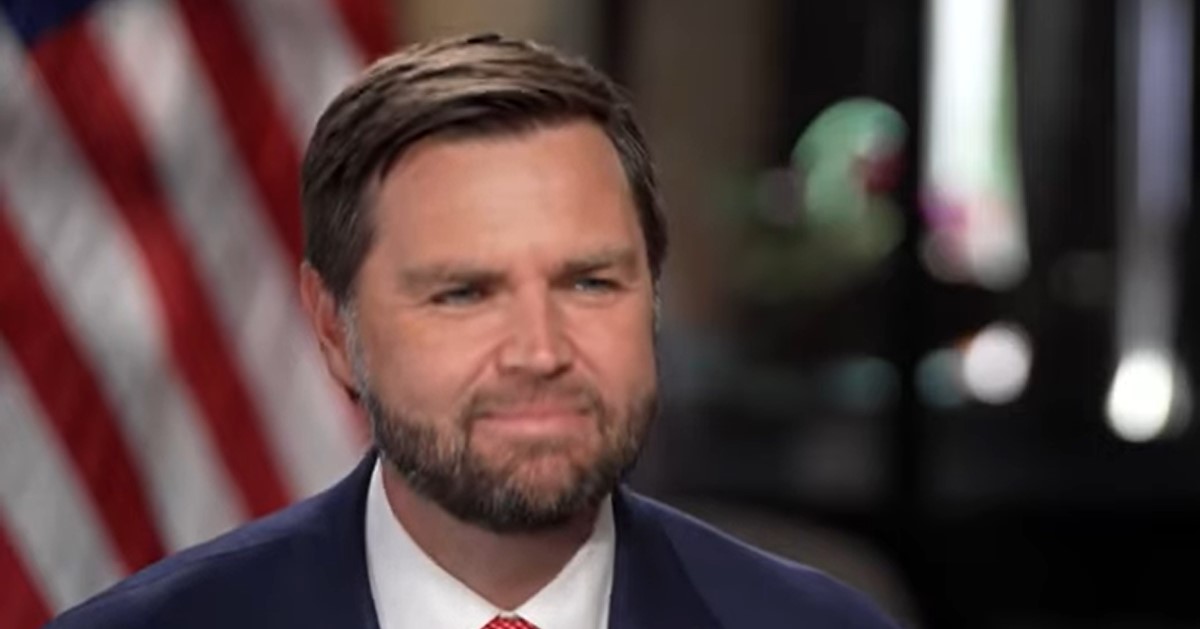More lower courts are blocking Trump's executive orders than any president before him
Even though the Republicans have a complete stranglehold on Congress, President Trump has a big obstacle in the form of the third branch of government when trying to implement his program.
In Trump's first two months in office, the number of executive orders halted by lower courts surpassed the sum of all previous presidents' tenure in office. So far this year, Trump has been hit with at least fifteen nationwide injunctions handed down by lower courts, as the New York Post reported.
According to a calculation by Harvard Law Review, that substantially surpasses the six prosecutions filed against former president George W. Bush throughout his entire term, the twelve filed against former president Barack Obama, and the fourteen filed against former president Joe Biden.
It's likely that there will be more than the 64 countrywide injunctions on executive orders for Trump that he experienced in his last term.
Term comparison
According to a comparison project by the American Presidency Project, Trump signed 220 executive orders during his first term, which is fairly consistent with the three presidents before him.
The Federal Register reports that since the beginning of his second term, he has signed over 90.
Decisions made by lower courts used to be more case-specific. The courts, however, have grown accustomed to having their injunctions take effect on a national level in recent years.
The president's attempts to repeal birthright citizenship and other programs have been stymied by such injunctions.
In an attempt to persuade the US Supreme Court to limit the growing use of such blocks by lower courts, the Trump administration has utilized the injunction against his birthright citizenship.
Supreme Court decision
In what could be seen as a sign that the justices are not in a hurry to resolve the matter, the Supreme Court extended the deadline for opponents of the Trump administration's petition to defend the injunction until April 4.
Neil Gorsuch and Samuel Alito, two justices on the Supreme Court, have been quite outspoken in their criticism of lower courts for frequently and excessively deploying national injunctions.
Alito, joined by Justices Gorsuch, Clarence Thomas, and Brett Kavanaugh, wrote a harsh dissent earlier this month in response to the decision not to overturn a lower court's order that the Trump administration unfreeze $2 billion in US Agency for International Development money.
“Does a single district-court judge who likely lacks jurisdiction have the unchecked power to compel the Government of the United States to pay out (and probably lose forever) 2 billion taxpayer dollars?” Alito groused in his dissent. “The answer to that question should be an emphatic ‘No.’ “
What the future might hold
As yet it's unknown if Alito and his conservative benchmate could convince the rest of the nation's high court to overthrow those kinds of injunctions.
Currently, it's the primary path of the Trump administration to appeal every legal battle to a higher court and eventually land before the Supreme Court, but that is a long and expensive endeavor.
Some in the Trump camp speculate that defying court orders could be up for interpretation, depending on the case before the president.




